Authentic Ingredients for Creating Amazing Thai Curries
Become a Thai curry chef at home with these authentic Thai ingredients!
Discover the authentic in Asian cuisine food
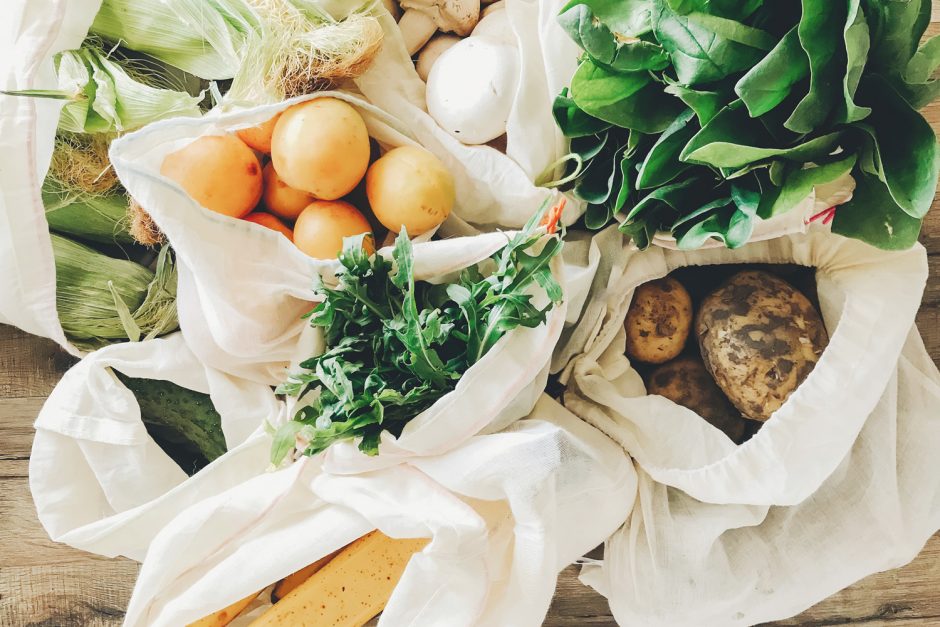
As part of Asian Inspirations war on food waste, we like to hand out advice about the best ways to reuse, preserve and save food so you don’t have to throw it out. And one of the easiest ways to help food last as long as possible is to store it correctly.
It seems pretty self-explanatory, right? But even using the wrong container can greatly reduce the amount of time food remains good fore.
If you’ve got a family or are keen to save a buck or two, then buying in bulk is the best way to shop economically. It becomes even more important to store food correctly when you buy more than you can reasonably eat.
Obviously, with packaged foods, the best thing to do is go by the labels and the best before dates. However, here are a few hints and tips to help increase the life of other everyday foodstuffs.
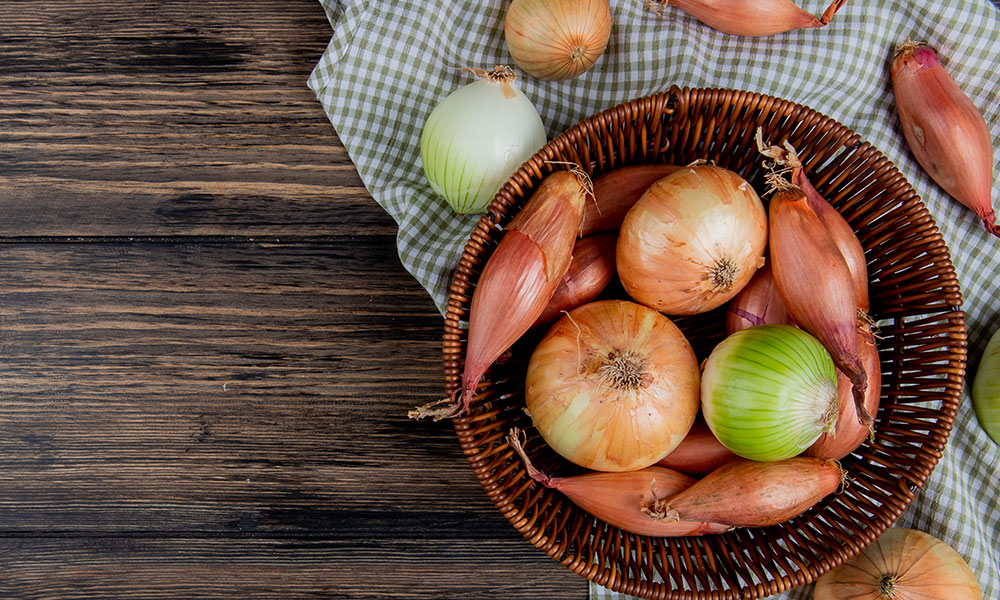
The best way to store them is to keep them in a cool, dry and well-ventilated place in a perforated basket. To extend the shelf life of an onion, you could also wrap each one in a paper towel or newspaper and place them in the refrigerator to keep them cool and dry. Peeled onions should be properly refrigerated at 4°C or below.
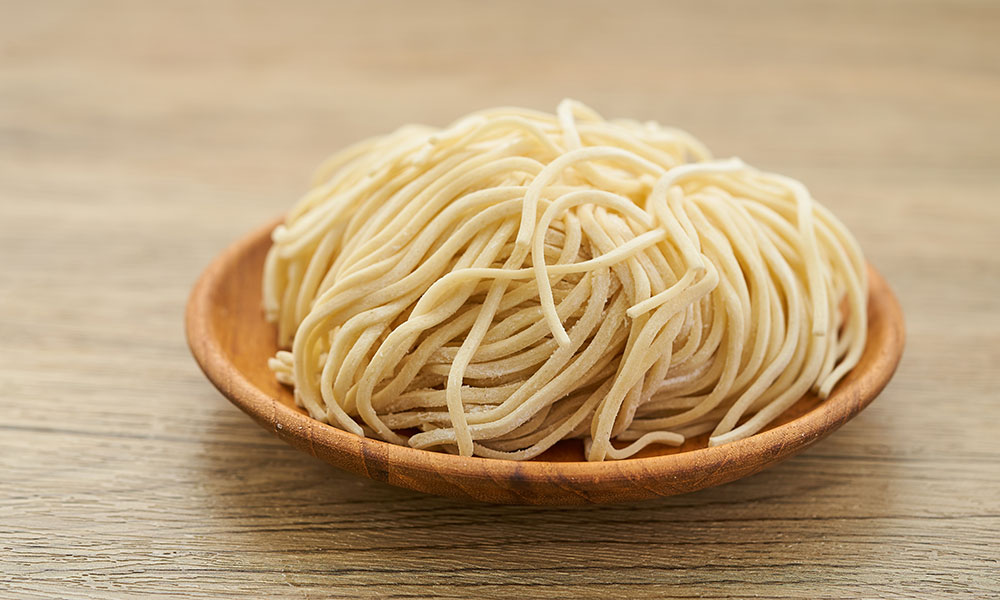
Spread the noodles on a cooling rack or a dry surface. Let the noodles dry for about two hours until all the water is gone, then place the noodles in an airtight container and chill for up to three days.
You could also freeze cooked noodles by drying the noodles for at least 1 hour; place them in a freezer bag or freezer container and freeze for up to 8 months.
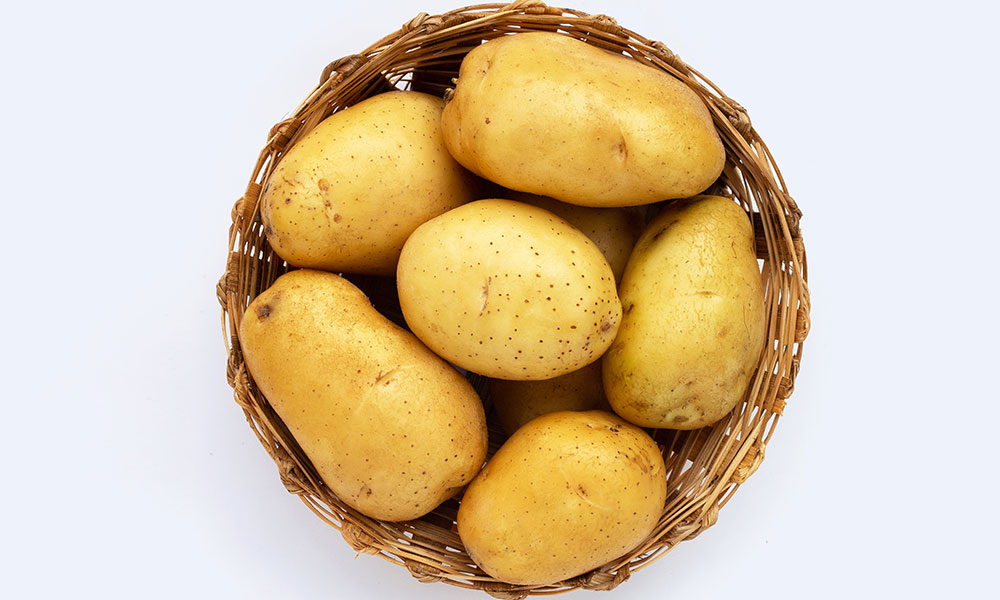
Store potatoes with apples to keep them from sprouting. Don’t store them with onions, as they tend to spoil faster.

Wrap spring onions in a paper towel and place them inside a plastic bag or storage container. Remoisten the paper towel if it dries out.
You could also place them in a jar, and fill it with an inch of water (cover the roots). Then, place the jar on the windowsill in your kitchen. Your onions will not only stay fresh but continue to grow!
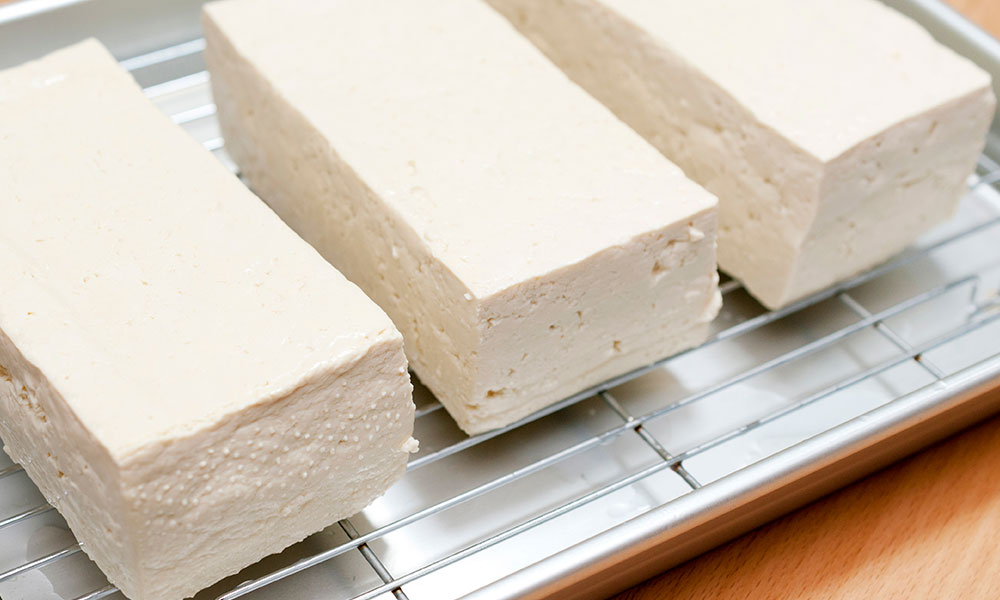
Tofu can be stored for up to three months. All you have to do is cut it into chunks and freeze on a parchment-lined tray until solid, then transfer to an airtight freezer container or bag. Defrost in the refrigerator and squeeze out any excess liquid before cooking
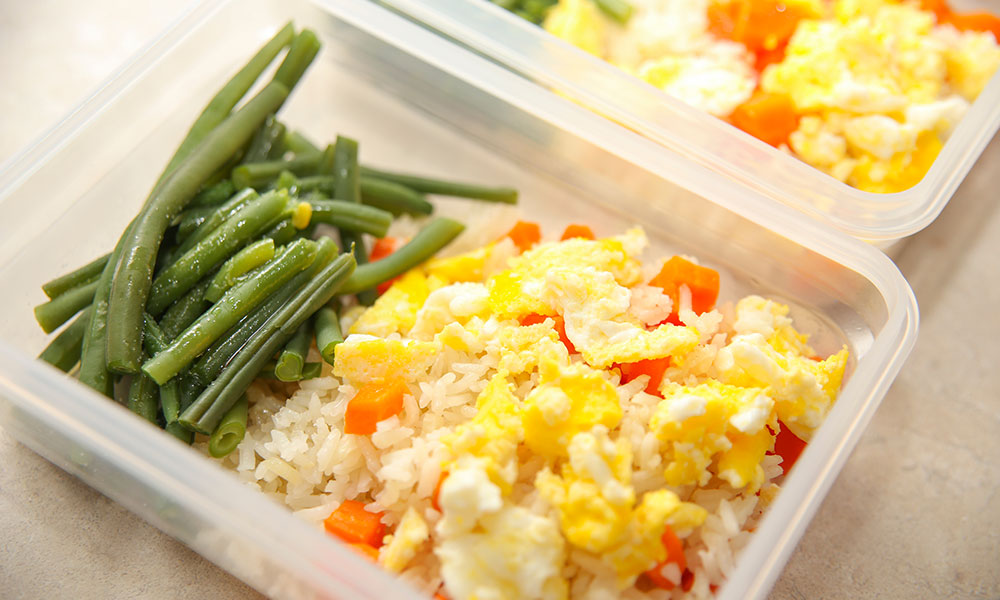
Have a list on your fridge of what leftovers are in there, so you don’t forget about them. Plan a leftover night or two each week, so you’re sure to eat everything in the fridge. Pack them immediately after dinner for lunch the next day, so they’re ready to take the next morning. Make sure to use airtight containers and freeze anything that you aren’t going to eat immediately.
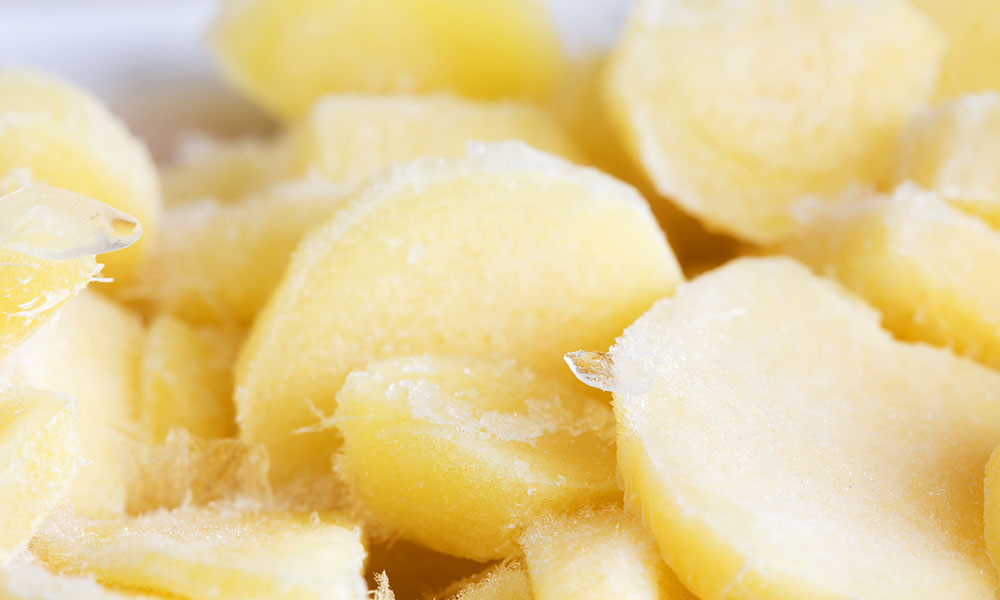
Freezing ginger actually locks in the flavour and can keep it fresh and spicy for months. Frozen ginger is also much easier to grate, and you can use it straight out of the freezer.
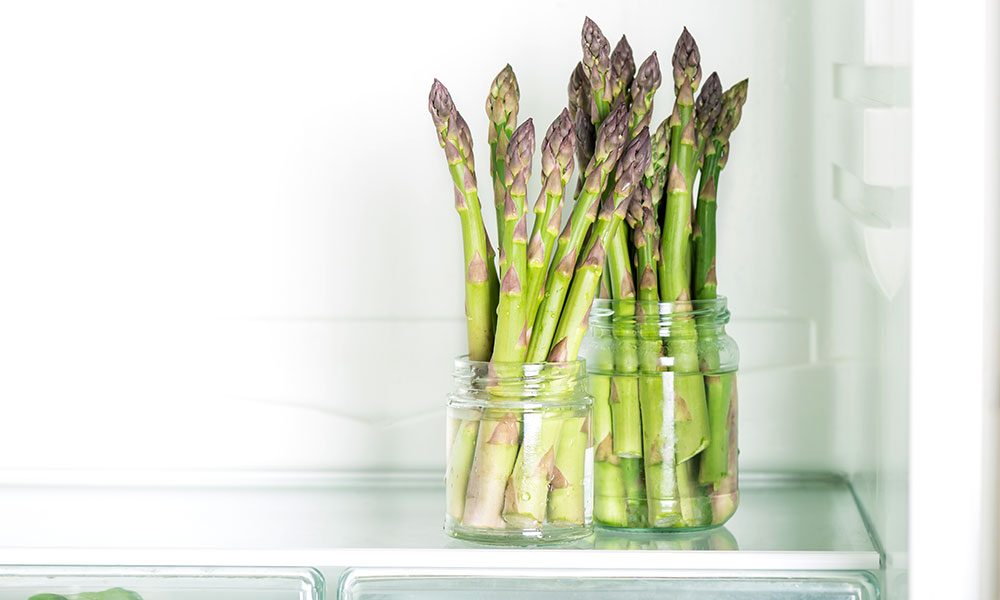
Cut the stems, place the asparagus in water, cover them with a plastic bag and refrigerate it. They’ll stay crisp for a week or longer.
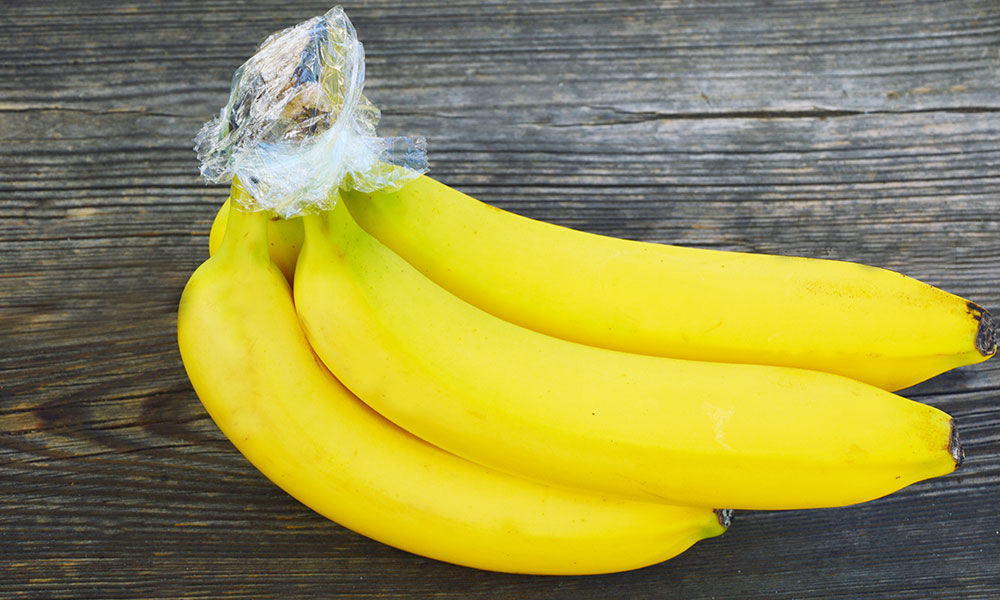
They’ll keep for three to five days longer than usual if you cover the crown of the bananas with plastic wrap. Bananas also produce more ethylene gas (a ripening agent) than any other fruit, so keep them isolated on the counter.
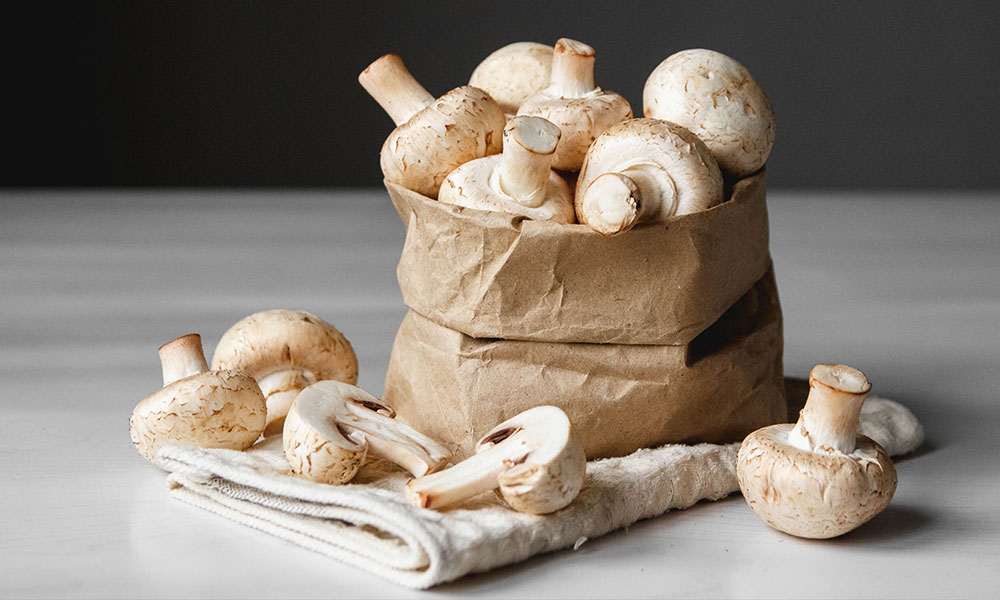
Keep fresh mushrooms in a paper bag or in a damp cloth bag in the refrigerator. This allows them to breathe so they stay firm longer. Avoid storing mushrooms in a plastic bag, which causes them to deteriorate quickly.

Become a Thai curry chef at home with these authentic Thai ingredients!

Your guide to make the perfect and succulent Sticky Slow Cooked Chinese Pork Belly!
-300x200.png)
Satiate your munchies craving with the crispy Japanese panko prawns!